Apricot : HOYT MONTROSE Semi-Dwarf (Mustang) (Orchard Grade)
$49.95
An 'orchard grade' is a tree that may be somewhat shorter, slightly crooked, or a bit scratched, or for some other reason is not a perfect front lawn specimen. These trees will work just as well in an orchard as a first or number one would, since they still produce the very same fruit.
The original Montrose apricot was discovered at Montrose, Colorado. It is a hardy, frost resistant variety that we sold for a number of years. Hoyt Montrose, which we are now making available, is a seedling of the original. This one is from northern Idaho. Unlike the original, it is not a sweet pit type, and fruit size is much better at 4-5cm (1 ½ -2"). The sweet, juicy yellow flesh of Hoyt Montrose gets good reviews on flavour, texture, and quality. The tree is vigorous and precocious. In addition, some folks in marginal areas have had better success setting fruit with this variety than any other, due to the late, prolonged bloom time.
SELF -FERTILE | ZONE 4 | HARVEST: EARLY AUG.
2 reviews for Apricot : HOYT MONTROSE Semi-Dwarf (Mustang) (Orchard Grade)
Only logged in customers who have purchased this product may leave a review.
Growing Tips
One of the key factors that determines cold-hardiness for tender fruit trees such as apricots and peaches is how well they harden off in the fall. Any activity that stimulates growth should be avoided after August 1. This includes fertilizing, overly frequent watering and pruning.
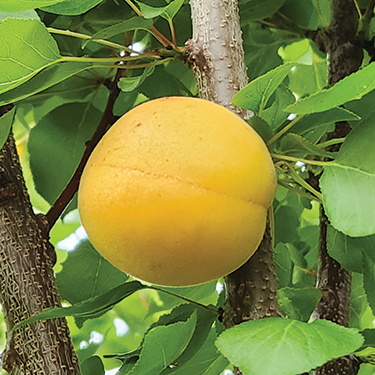
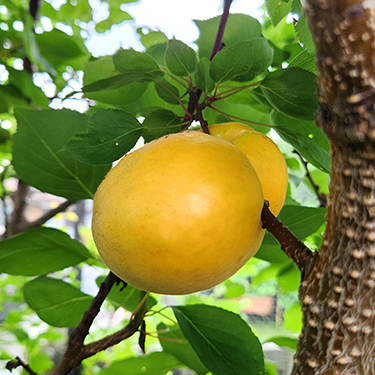
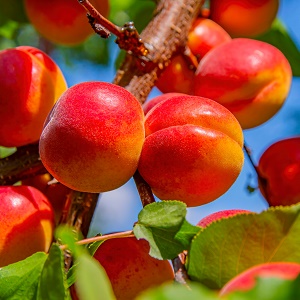
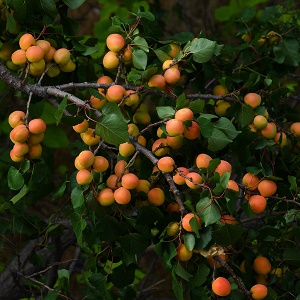
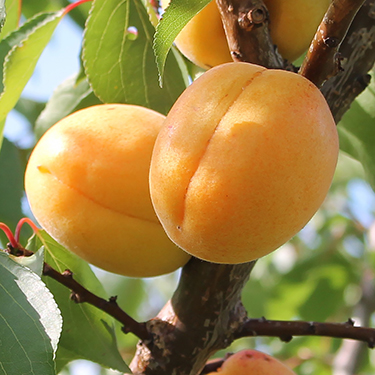
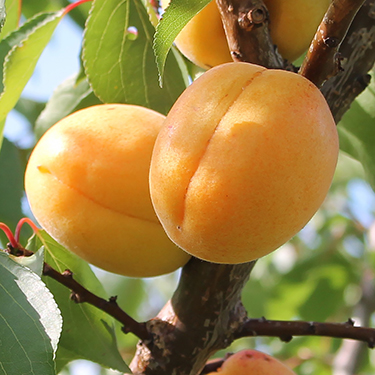
Alan R. (verified owner) –
Eric L. (verified owner) –